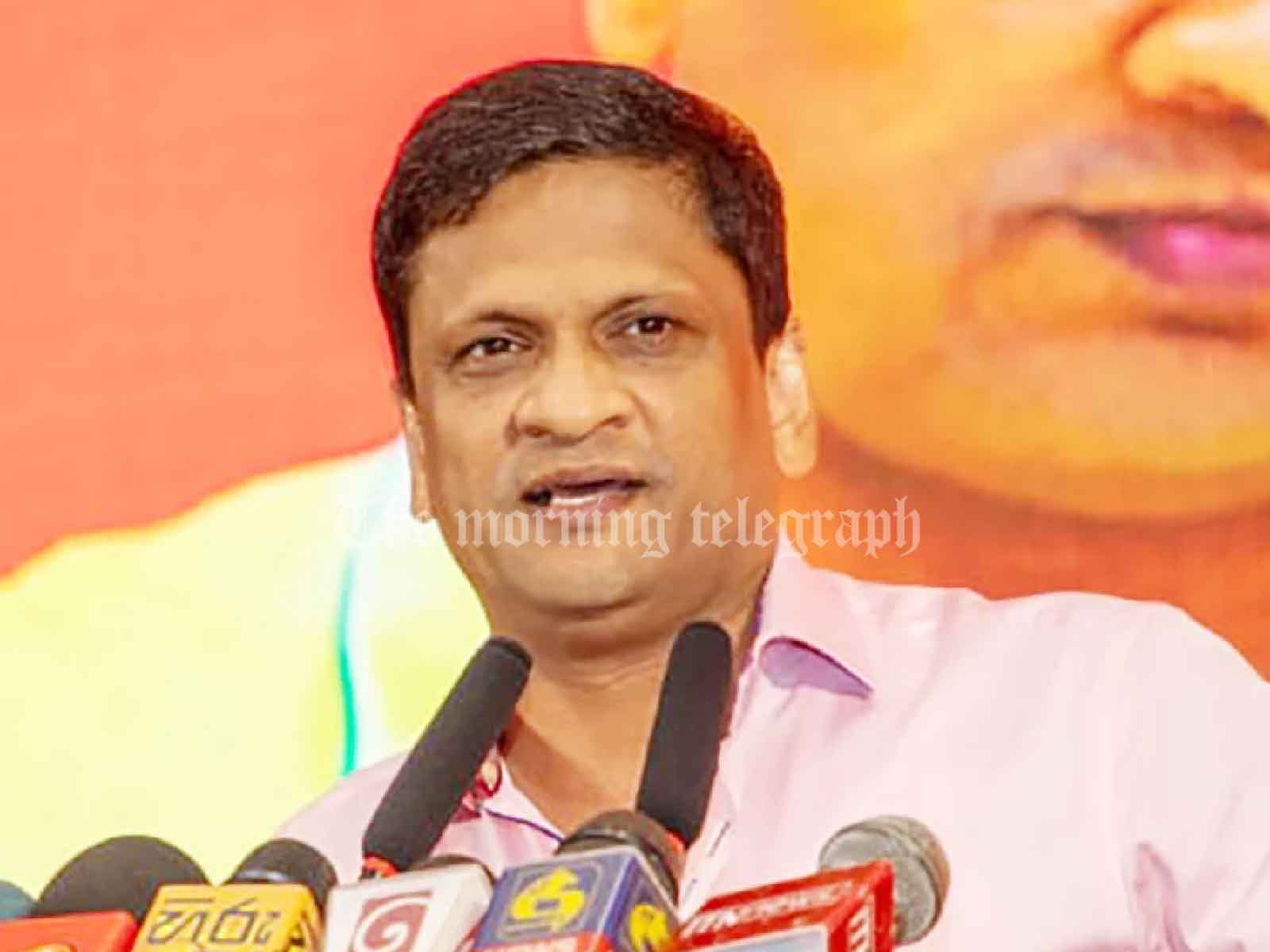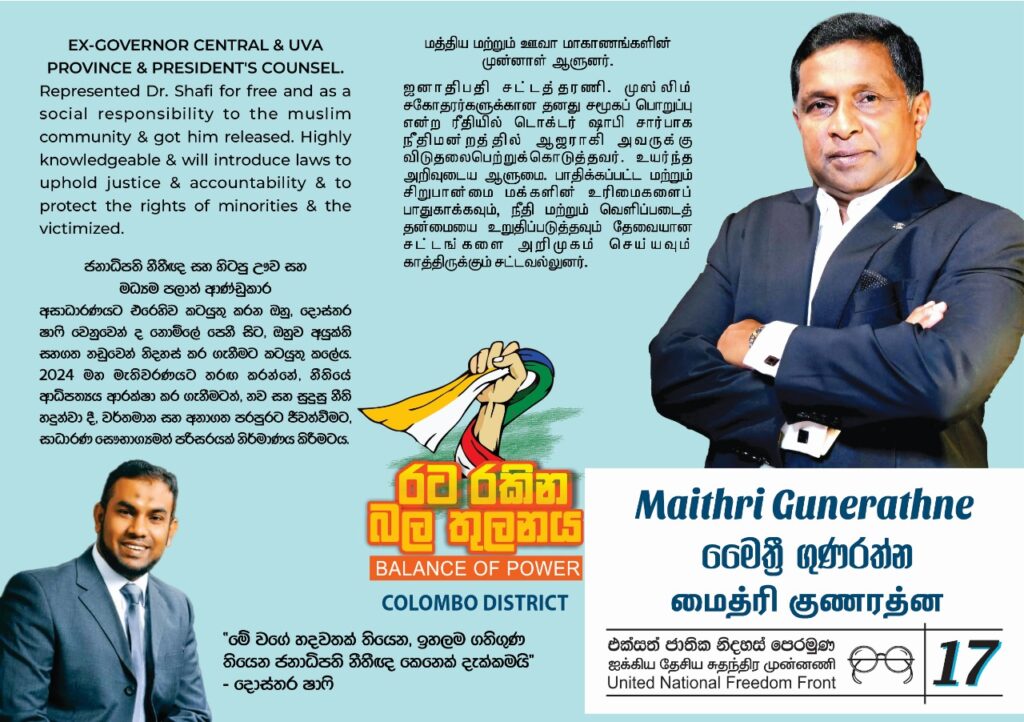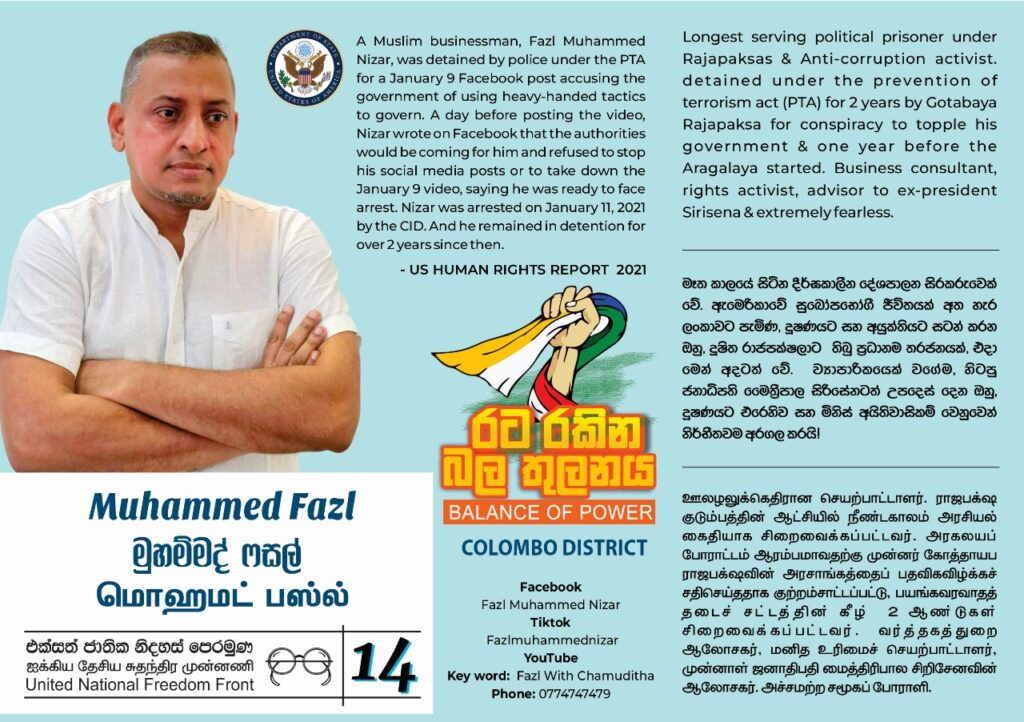
Nimal Lanza’s criticism of President Anura Kumara Dissanayake’s administration reflects deeper concerns over the promises made and the realistic challenges Sri Lanka faces in achieving them. Lanza argued that the president’s pledges to reduce VAT, increase government employee salaries, provide unsecured loans, and adjust teachers’ pay scales were attractive but ultimately impractical given the country’s financial and IMF-related obligations.
At the core of Lanza’s critique is Sri Lanka’s ongoing reliance on IMF assistance, which imposes fiscal constraints that make fulfilling Dissanayake’s campaign promises difficult. Lanza highlighted that these commitments prevent any reduction in revenue or significant increases in expenditure without clear plans to offset such adjustments. He underscored that any move to reduce income by lowering taxes or increasing public sector salaries without adequate funding would require transparent explanations to the public on how such funds would be replaced—a step he argued the current administration has avoided.
Lanza condemned the administration’s alleged decision to privatize Triposha, a vital nutritional supplement for pregnant mothers and low-income children, calling it a betrayal of public trust and a disregard for the most vulnerable citizens who depend on these programs. This, he suggested, underscores a lack of alignment between the administration’s priorities and the welfare needs of ordinary Sri Lankans, especially those in lower-income brackets. He argued that the sale of Triposha would reduce access to essential nutrition and negatively impact health outcomes among disadvantaged groups.
Additionally, Lanza criticized President Dissanayake’s administration for what he sees as inconsistencies in its approach to governance. While they previously condemned certain fiscal practices, like prioritizing VIP security and other privileges, Lanza argued that they have since embraced similar benefits, illustrating a “disconnect” between their pre-election rhetoric and their actions in office. He cited the administration’s recent emphasis on securing personal protection, suggesting it contradicts their initial promises to curtail government spending on privileges.
He also expressed frustration over the government’s delayed budget announcement, claiming that the delay aims to sidestep accountability for unfulfilled promises. Lanza claimed that Dissanayake’s team requested a postponement until after the upcoming elections, suggesting that they are reluctant to bring forth a budget without showing how they intend to finance their campaign promises.
Lanza argued that the administration’s inaction had also stalled Sri Lanka’s progress in securing financial relief from international sources. He referenced $16 billion in debt relief negotiated by the previous administration with 17 countries, asserting that Dissanayake’s team failed to capitalize on this aid. According to Lanza, this delay reflects the administration’s lack of experience and knowledge in handling international economic relations, which he contended is crucial for managing Sri Lanka’s complex economic landscape.
Calling for a government led by knowledgeable and experienced leaders, Lanza concluded his remarks by urging Sri Lankans to support representatives who can manage the nation’s economic challenges effectively. He emphasized that leadership in today’s economic environment demands not just promises but also the competence to execute practical solutions and address the issues that impact everyday citizens.






